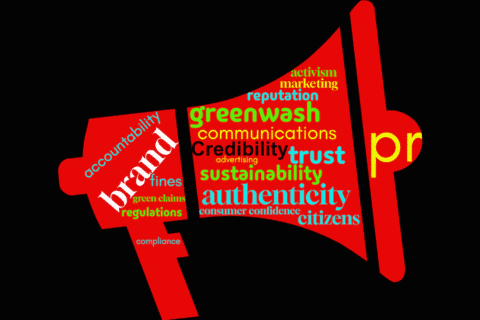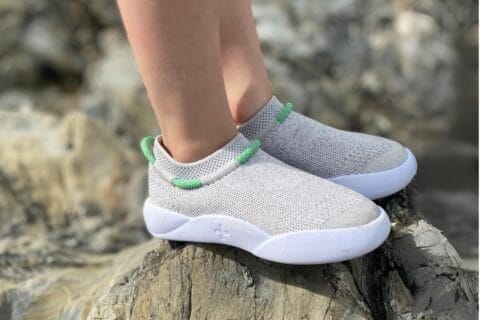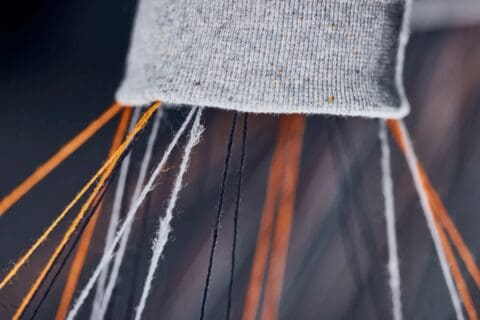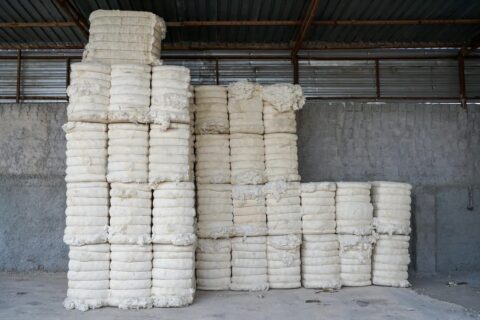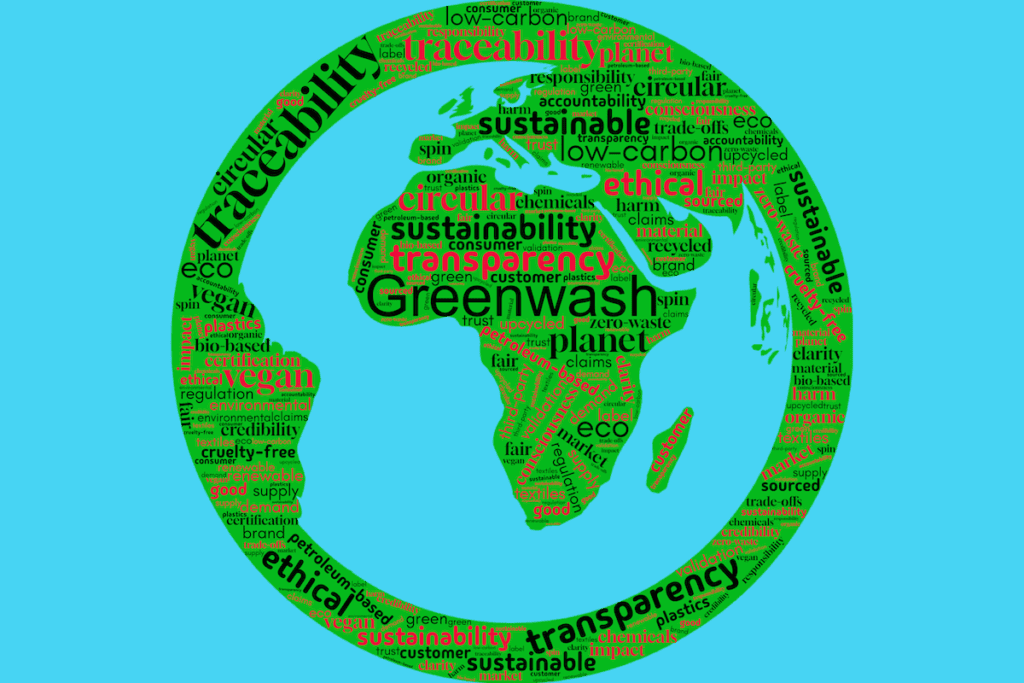
In this SustMeme Guest Post, Laura Way, Founder of sustainable and ethical accessories brand Votch, explores why in a fashion world full of greenwash we urgently need transparency, not just ‘eco’ taglines.
LW: In today’s fashion landscape, terms like eco, sustainable, vegan and bio-based are everywhere.
Don’t get me wrong, it is encouraging to see these words entering the mainstream — it signals a shift in consumer consciousness and a growing demand for better practices.
But with this rise in ‘green’ language comes a new concern: greenwashing.
Transparency is non-negotiable
As the founder of an ethical accessories brand, I see both the hope and the hurdles every day.
At Votch, we create cruelty-free watches, bags and accessories using materials like bamboo leather, AppleSkin, Piñatex, and recycled linings.
From the start, transparency has been non-negotiable — but that doesn’t mean it’s been easy.
One of the biggest challenges in building a truly ethical brand is validating your materials and processes.
There’s a growing market of bio-based and alternative textiles, but not all of them come with clear traceability or certifications. Many sound good on the surface, but without third-party validation, it’s difficult for consumers (and sometimes even brands) to understand what they’re really made of, how they’re produced, and what their environmental impact looks like at scale.
For example, just because something is vegan doesn’t mean it’s sustainable — and vice versa.
Some materials marketed as vegan are still petroleum-based or loaded with harmful chemicals. Others are bio-based but mixed with conventional plastics to enhance durability.
It’s a balancing act: As a brand, you want to offer alternatives that are kinder to animals and the planet, but you also need to be honest about where those materials sit in the broader sustainability landscape.
Mainstreaming with validation
The mainstreaming of ‘vegan’ and ‘bio’ products has created a grey area — one where green claims can be made without accountability, and consumers are left to decode what’s genuine and what’s marketing spin.
That’s why I believe third-party validation is so important. Certifications aren’t a silver bullet, but they offer a layer of trust and clarity that marketing language alone cannot.
At Votch, we’ve found that the most engaged customers aren’t actually looking for perfection — they’re looking for progress, honesty, and traceability.
They appreciate when we explain the limitations of a material or why we chose one supplier over another.
They respect us when we say: This isn’t perfect, but it’s better than the alternative — and here’s why.
Questions to ask and answer
And that’s the conversation we need to be having more often — there are questions to ask and answer:
- What does ‘eco’ really mean?
- How is a material sourced, processed, and disposed of?
- What are the trade-offs, and are those being disclosed?
As more brands lean into sustainability messaging, the responsibility grows not just to use the right materials, but to talk about them in the right way. We owe it to our customers — and to the planet — to be specific, transparent and open about the challenges we face and the choices we make.
Because doing better shouldn’t just look good. It should be good — all the way through.
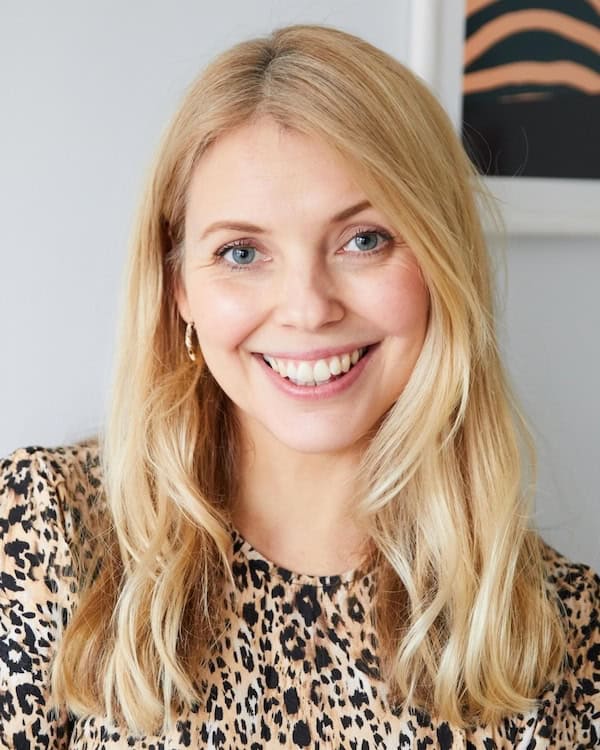
Laura Way is the Founder of Votch. Launched eight years ago, Votch is on a mission to show the world we don’t need to harm animals for fashion. Laura’s journey started after suffering a condition called Topical Steroid Withdrawal, during which time she lost all her skin. Once recovered, Laura vowed never to wear the skin of another being again. That promise led her to found Votch, a brand dedicated to creating cruelty-free and sustainable accessories. Over the years, Votch has evolved from a vegan watch company into a brand focused on sustainable innovation and committed to ethical practices. Recent launches include solar-powered watches and bio-based vegan leather bags.
Further Reading:
- More about the cruelty-free and sustainable accessories brand Votch;
- More on vegan-leather materials such, AppleSkin; and Piñatex;
- Also on SustMeme, Renting clothes model fits best in niche markets;
- Also on SustMeme, Resale is a step up for sustainability in fashion;
- Also on SustMeme, VCs back vegan biomaterials in luxury textiles;
- Also on SustMeme, Innovative leather alternative made from beer waste;
- Also on SustMeme, Fashion waste landfill piled high as the moon;
- Also on SustMeme, Cruelty-free vegan sneaker uses cactus, not cows;
- Also on SustMeme, Is greenwash the new goldrush for litigation?
- Also on SustMeme, Which countries are best for sustainable fashion?
You can check out the full archive of past Guest Blog posts here.
Would you like to Guest Blog for SustMeme? For more info, click here.
SUSTMEME: Get the Susty Story Straight!

